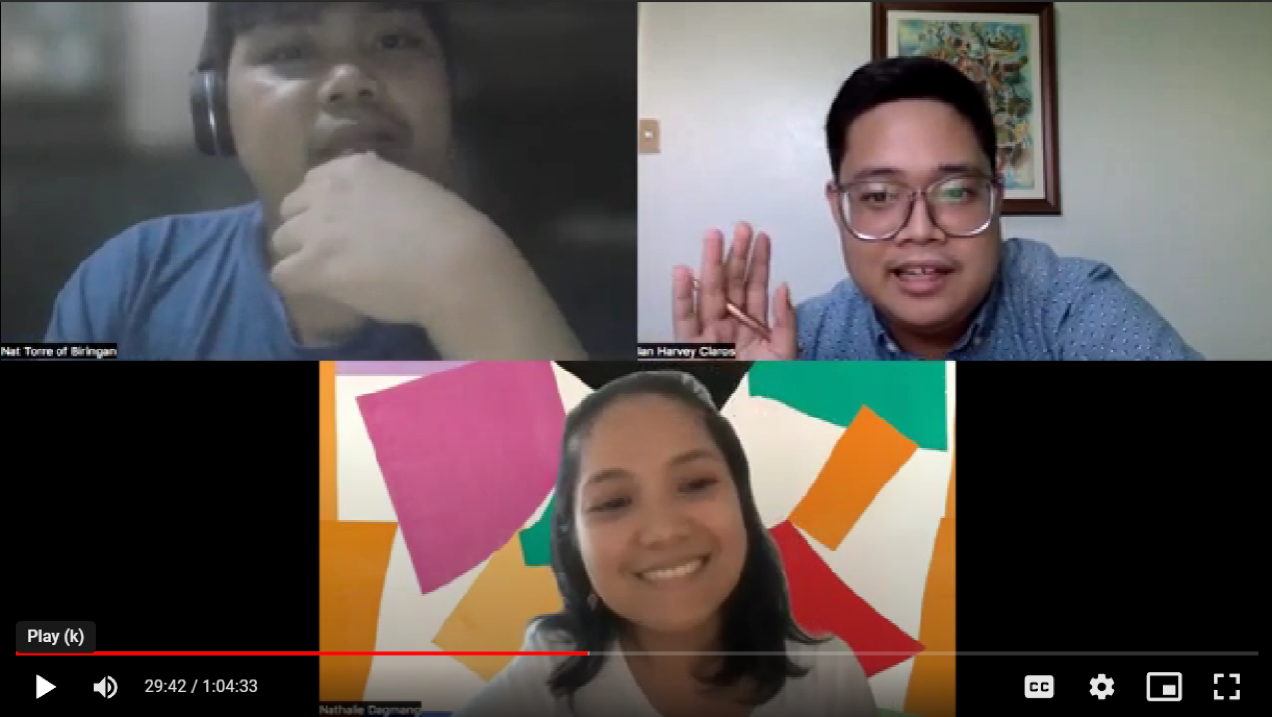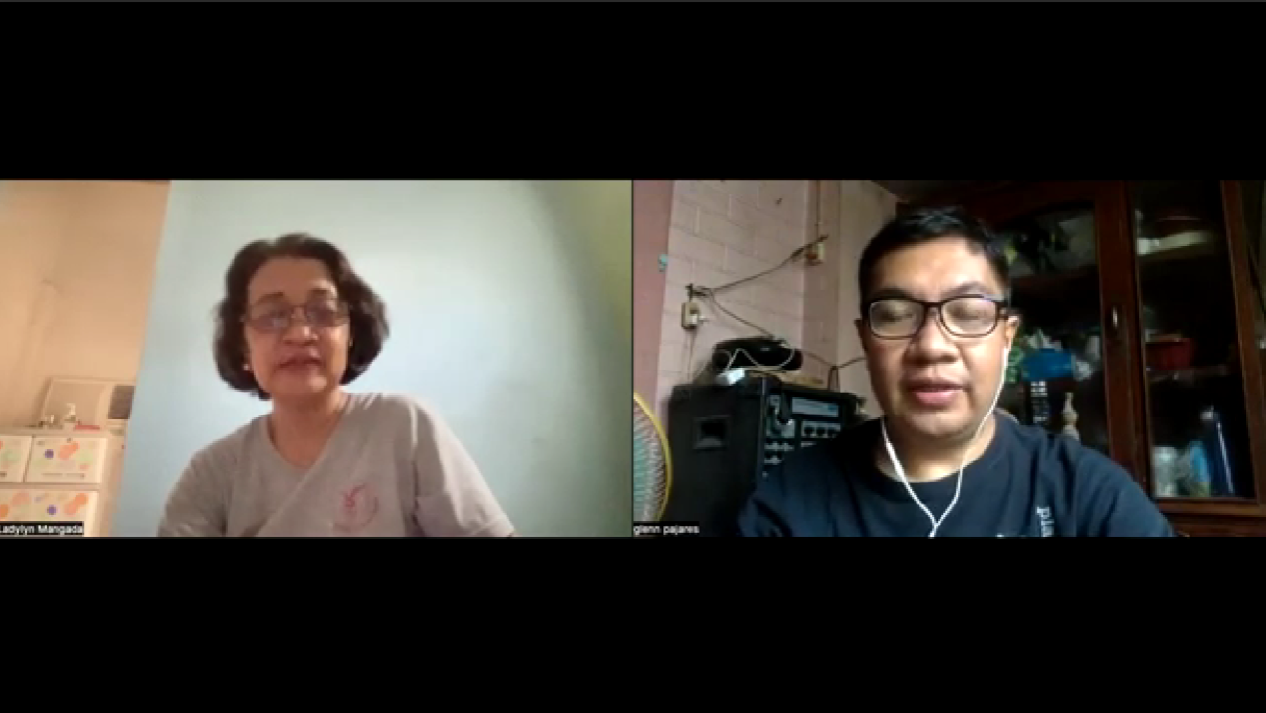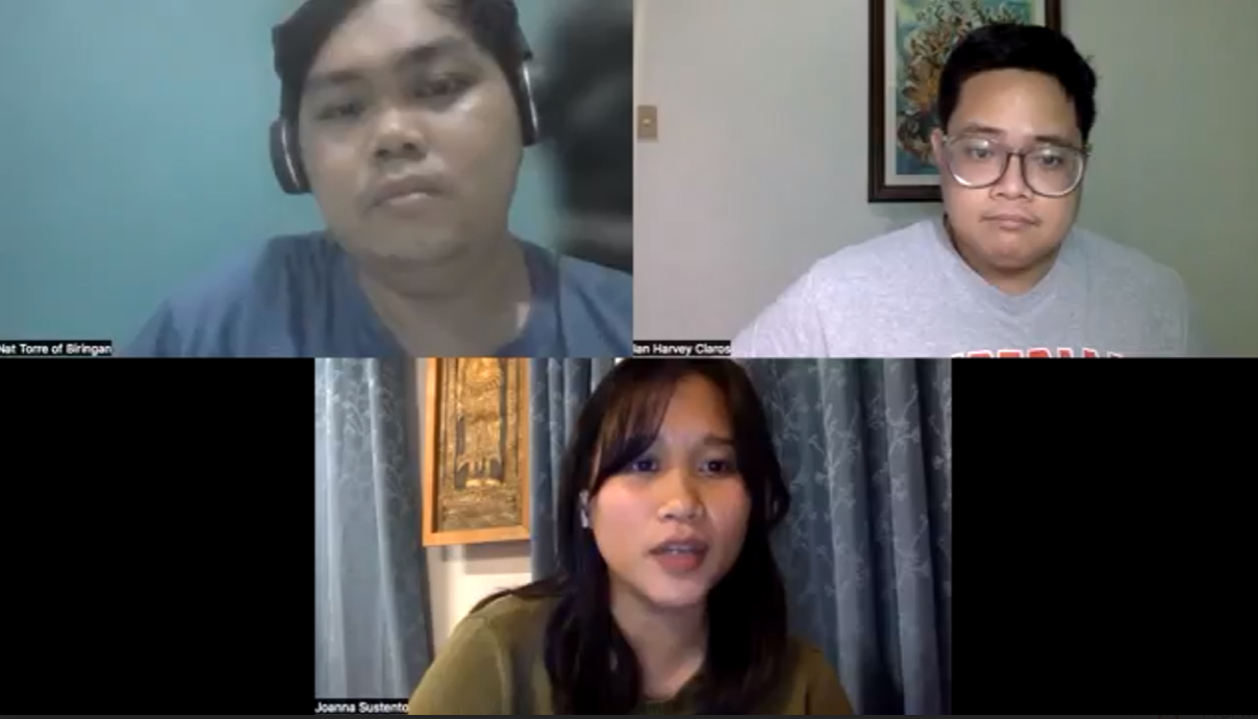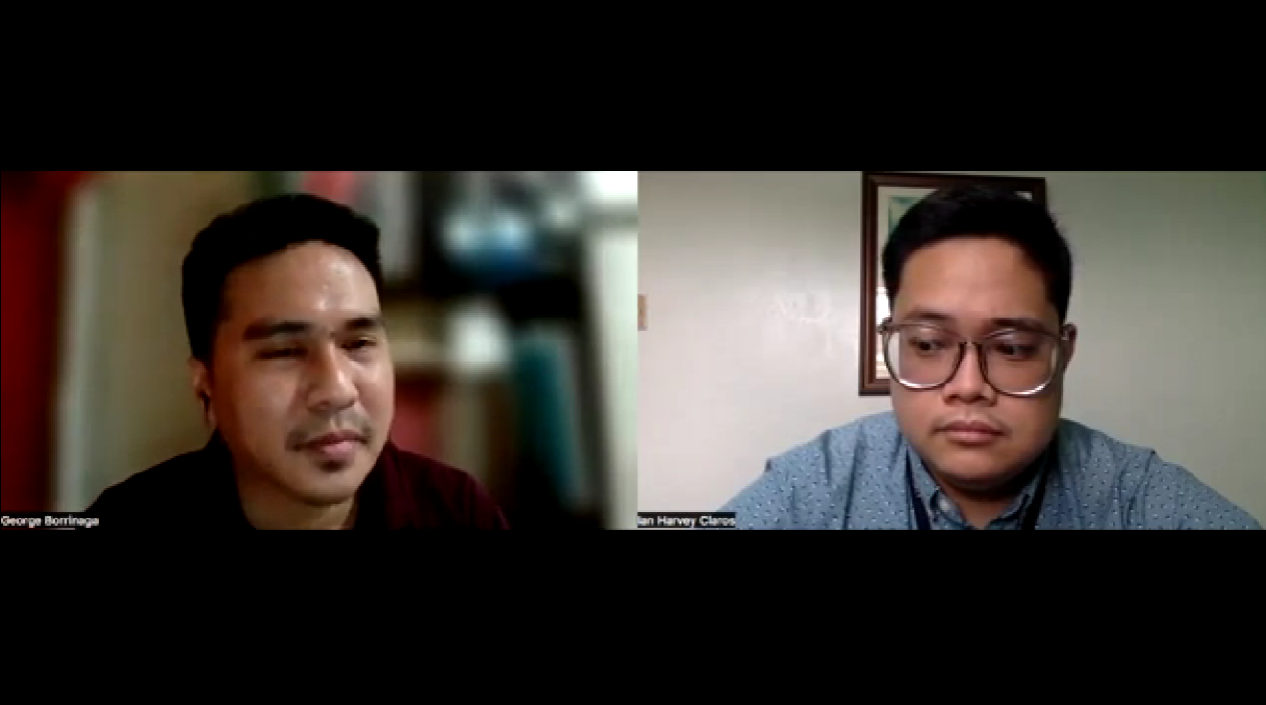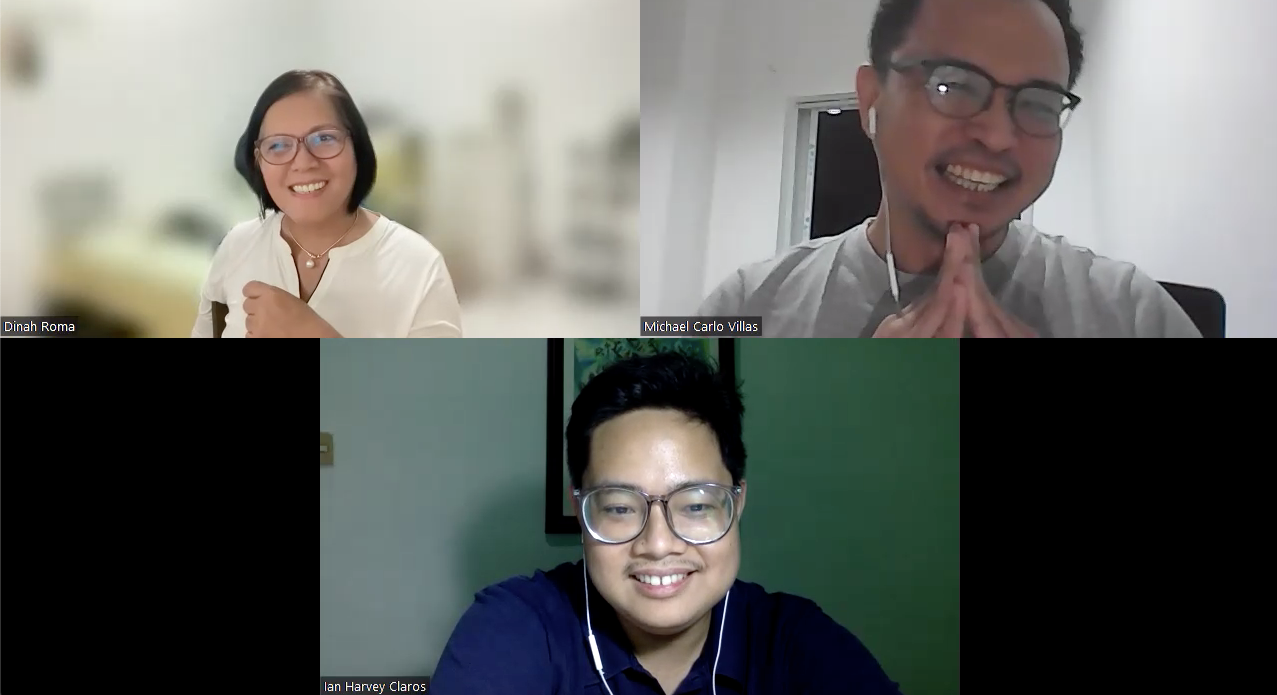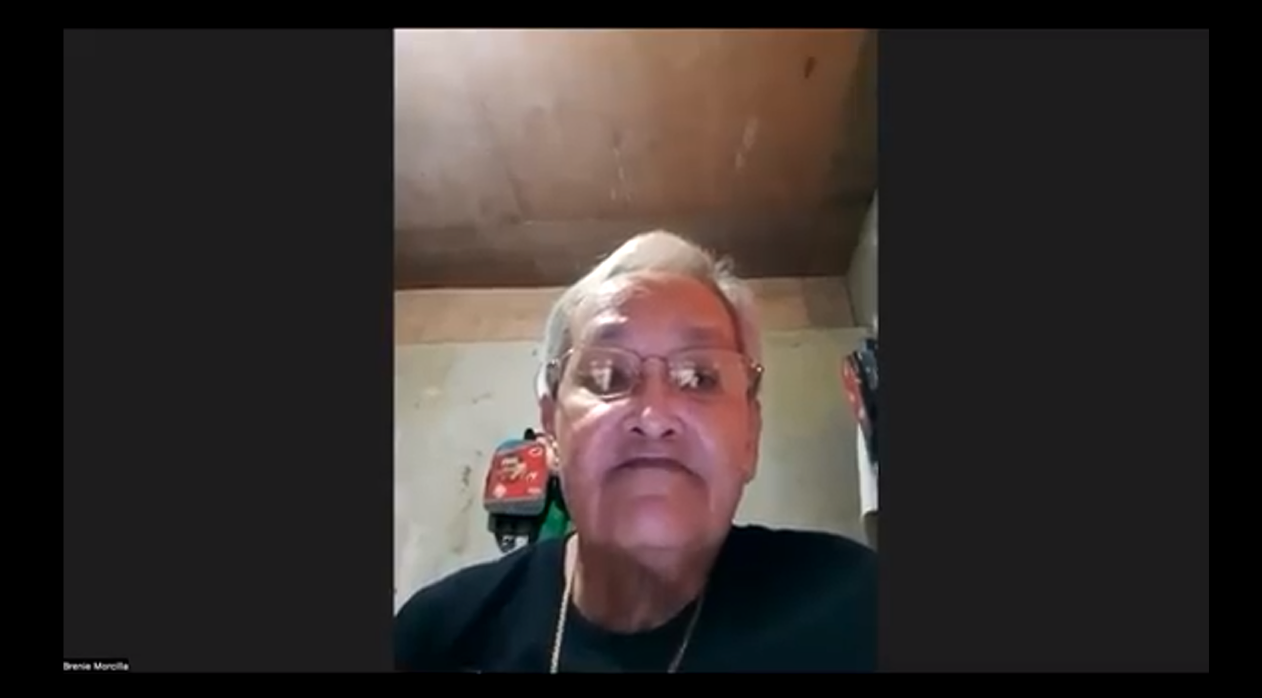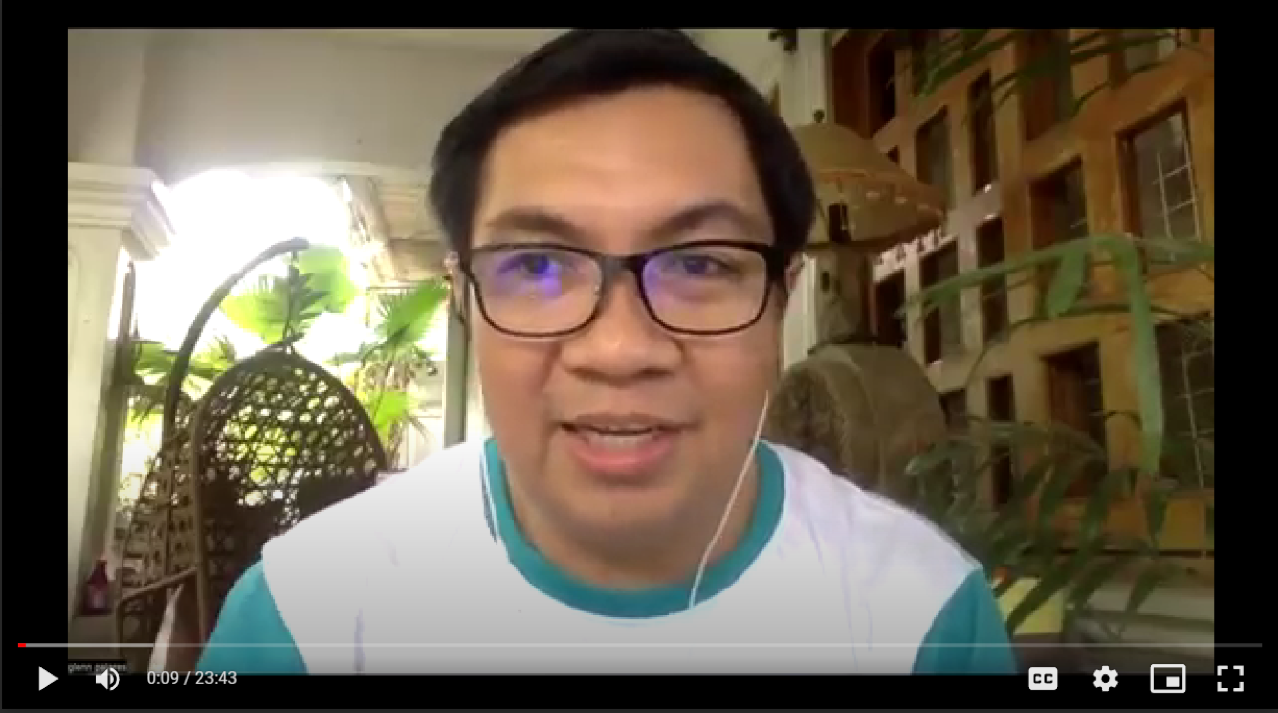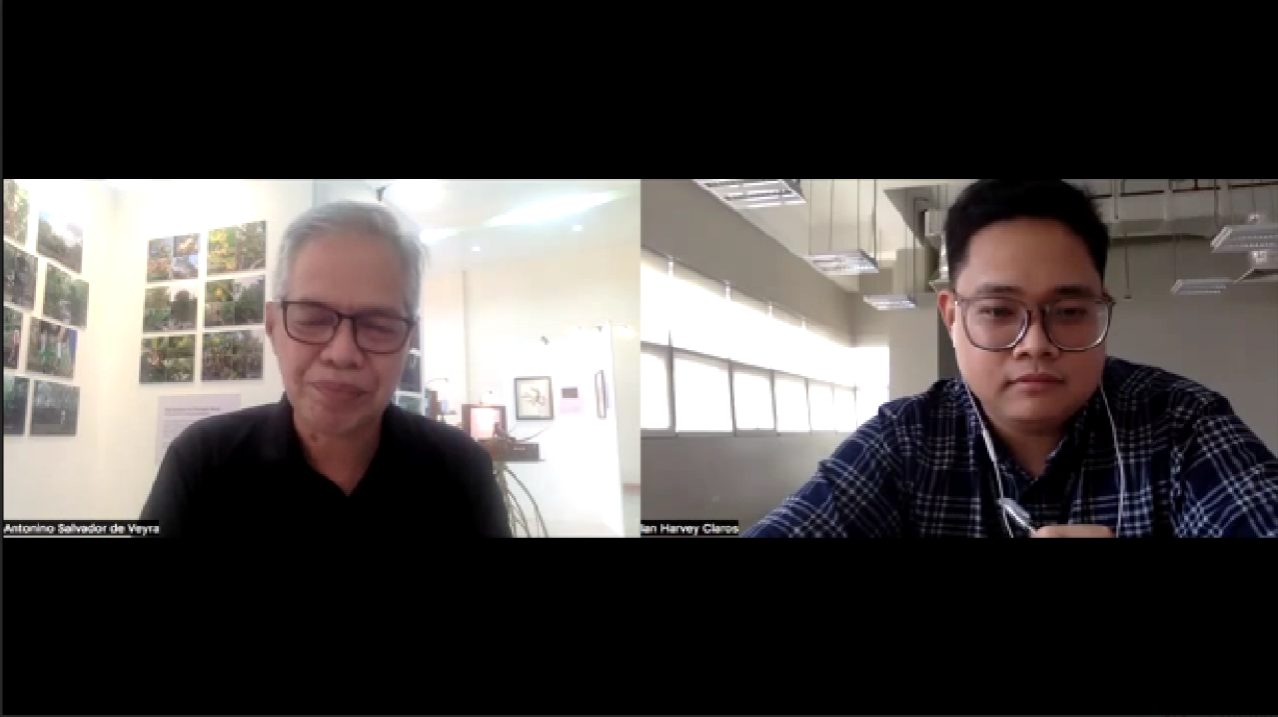When explored within a range of Philippine languages, súgat is an interesting word since, in its Tagalog sense, it speaks of a wound; while in the Visayan, it means meeting, gathering, or convergence. At the onset, this has been the ethos of our team: to gather stories from different lives who were drastically shaped by Typhoon Haiyan. The task is close to our heart since our team, in varying degrees, have witnessed the malevolence of the typhoon. Thus, we also come to terms that telling stories of trauma demands self-reflexivity and sensitivity in a way that does not reduce its essence especially when mediated through a podcast. One of the many negotiations that our team agreed on was to hold a pre-interview before an actual recording. In this way, both the team and our guests can pace ourselves and discover the possibilities of our conversations at the same time that we build rapport and collectively reflect on the past ten years.
The pre-interview stage offers a safe space and interesting common grounds – both of which are true to the ethos of súgat. Some of our guests include Merlie Alunan, Firie Jill Ramos, and Antonino de Veyra who all happen to be in a writers workshop in Naval before the storm’s landfall. A potential dialogue can also be sensed with historian George Borrinaga and poet Dinah Roma whose ruminations of the storm in their different disciplines have located a vitality within culture that work through environmental disasters. Different memories of Maripipi, a small island-town in Eastern Visayas, can be heard from Dr. Marlu Vilches who was born and raised there, and French journalist Anaïs Llobet who went there as a tourist yet unintentionally witnessed the storm surge. Both of them find ways to remember what Maripipi has taught them either as a university administrator, or novelist. These are only a fraction of stories, yet it has been most humbling and instructive to the team.
